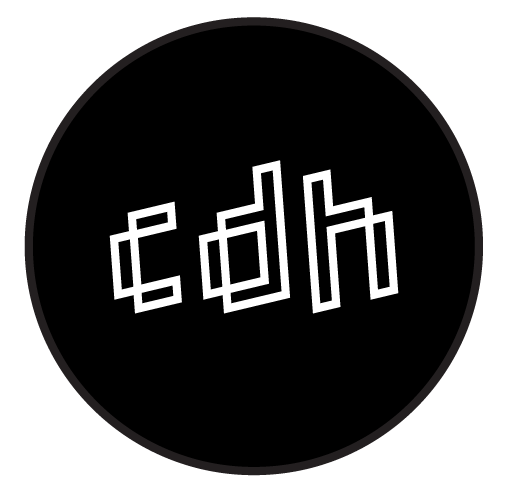
IDARE Summer University 2025
INTERACTIVE DIGITAL ARTS, RESEARCH AND EDUCATION
June 9-13: "Handmade Digital"
IDARE, hosted by the Centre for Digital Humanities at Toronto Metropolitan University (TMU), offers learning opportunities in digital making for artistic, scholarly, and educational purposes. These opportunities are open to the TMU community and to the public. This year we are offering three week-long courses (running concurrently, so attendees can only take one) as well as a keynote address:
- 1. The Small Web: Making Minimal Websites and Digital Ephemera by Hand
- 2. Tiny Games: Handmade Playables
- 3. Micro-Editions: Handmade Digital Editions
- Keynote Address: "Small Data is Beautiful: Computation, Art & Narrative"
Courses are in-person. The fee for the week is $50.
UPDATE June 5:
•Remote attendance option added (free!).
•Half-off discount for in-person attendance.
If financial circumstances make payment of course fees challenging, please contact jason.boyd@torontomu.ca.
Registration for the keynote is free and does not require registering for a course.
Coffee, snacks and lunch on Friday will be provided.
These courses can be counted towards the Canadian Certificate in Digital Humanities/Certificat canadien en humanités numériques
Keynote (Monday 9 June, 4-5pm)
Dr. Tyne Daile Sumner
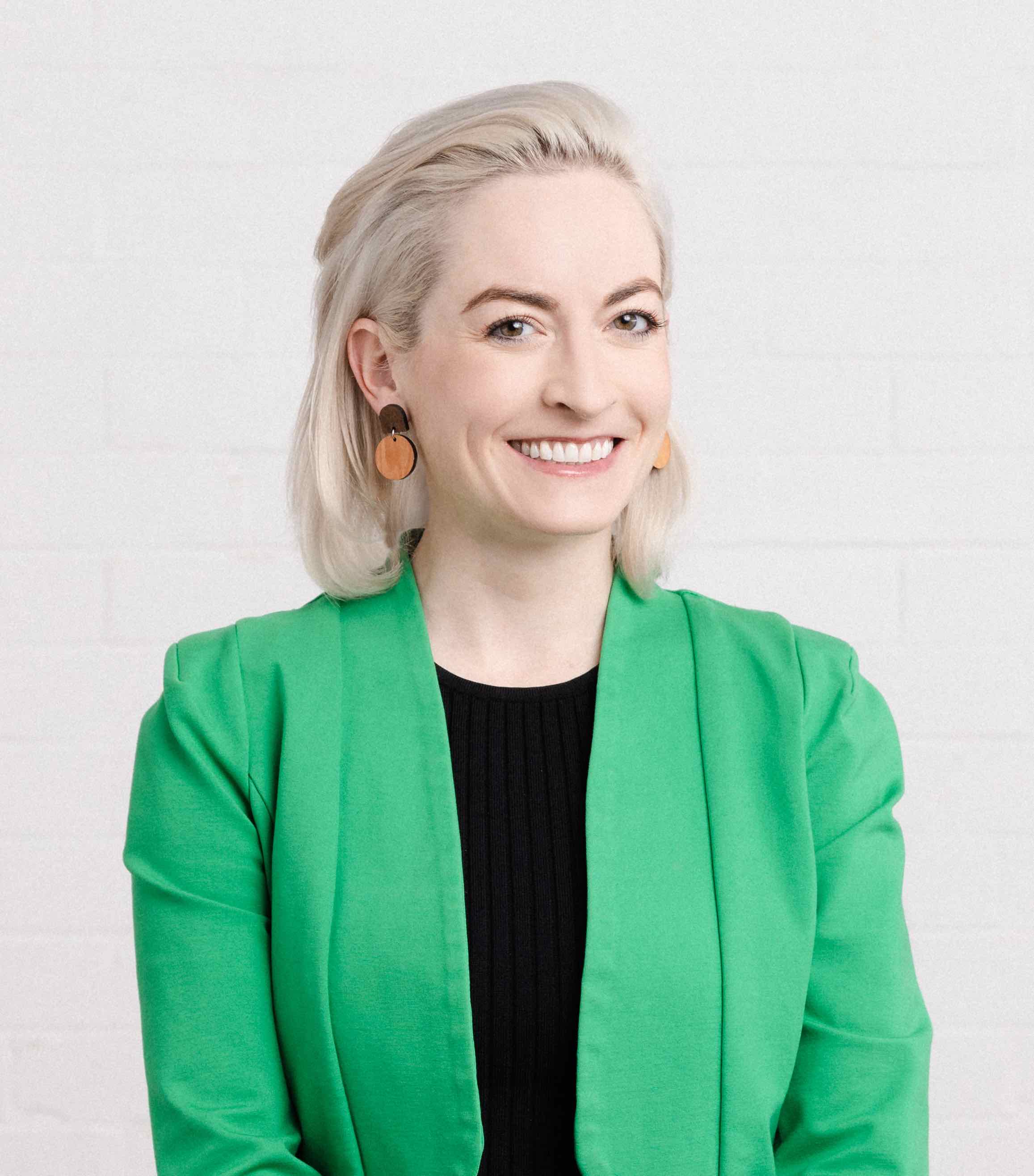
— Dr. Sumner's personal website
— Dr. Sumner's page at the Australian National University
"Small Data is Beautiful: Computation, Art & Narrative"
This talk will examine the theoretical, artistic, and computational possibilities of small data in the context of contemporary advancements in machine learning, Artificial Intelligence, and the intensifying datafication of everyday life. Drawing on the original edited volume Small Data is Beautiful (Grattan Street Press 2023), Dr. Sumner will discuss the subversive and expansive potential of radically rethinking data in research, teaching, and creative practice. Across a range of scholarly and artistic case studies, the talk contends that attention to smallness, and the associated concepts of scale, intimacy, slowness, and attention, offers a new way of using data to address complex social issues, personal challenges, environmental calamities, and urgent questions in fields ranging from cultural history and sociology to visual art and performance studies. It concludes by asking how core components of humanistic inquiry — comparative analysis, close reading, interpretation — will be increasingly important in tackling the future challenges stemming from big data and, with it, the unpredictable evolution of algorithmic culture.
Attendees will be entered into a draw for the book, Small Data is Beautiful, edited by Rachel Fensham, Tyne Daile Sumner, Signe Ravn, Ashley Barnwell and Danny Butt (Grattan Street Press, 2023).
Dr Sumner is an Australian Research Council DECRA fellow at the Australian National University. She works across literary studies, digital humanities, and surveillance studies, with expertise on topics ranging from C20th American poetry and cultural data to facial recognition technologies and interdisciplinary approaches to Artificial Intelligence. Her first book is Lyric Eye: The Poetics of Twentieth-Century Surveillance (Routledge 2021) and she is co-editor of Small Data is Beautiful (Grattan Street Press 2023).
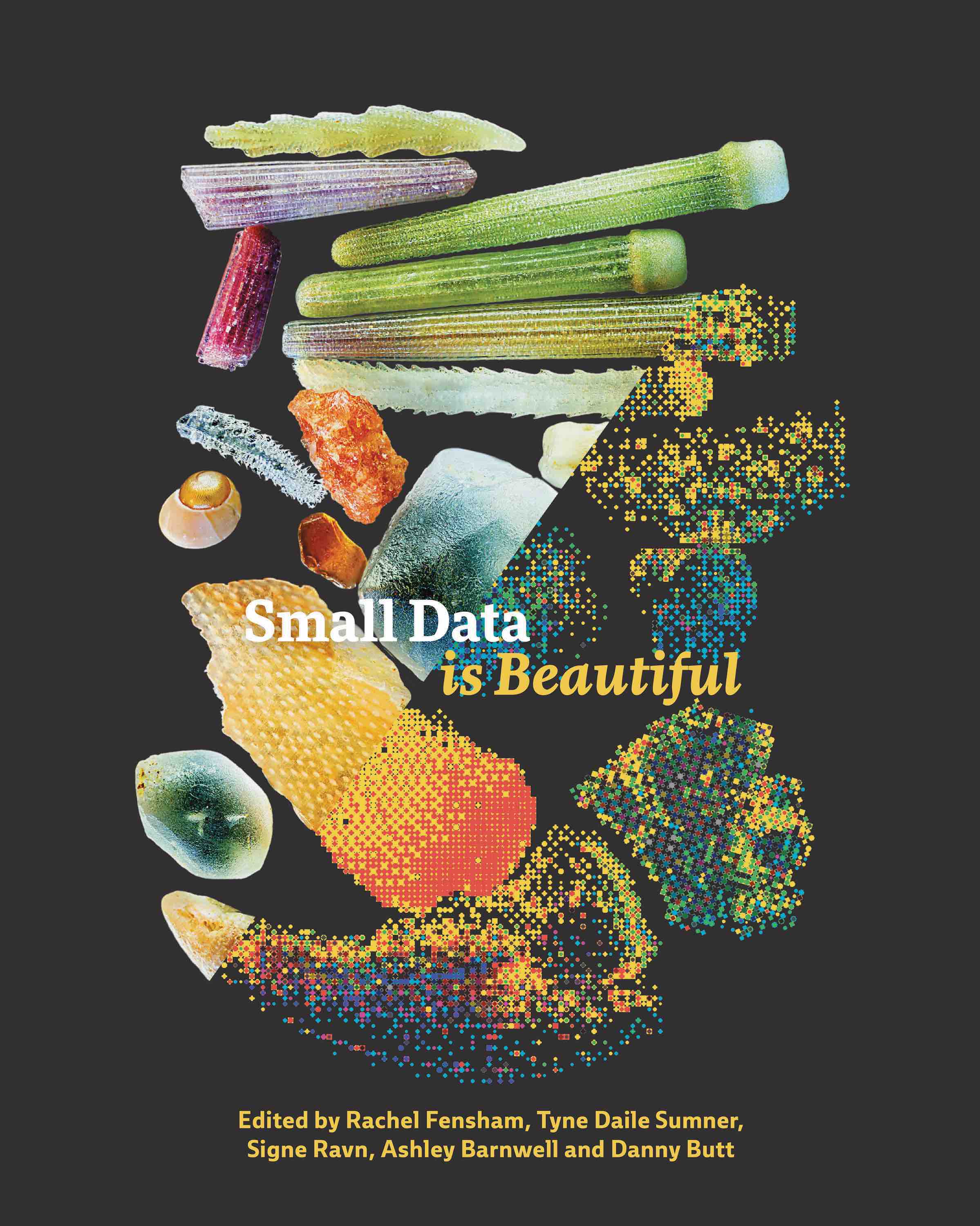
Instructor: Reg Beatty
1. The Small Web: Making Minimal Websites and Digital Ephemera by Hand
The "small web" is a space where people question how desirable it is to have their online presence pre-formatted and then harvested by a ubiquitous corporate culture. It's a space that is looking for alternatives to this platformed self-expression, trying to make room for something less rule-bound — something that's unconventional, unexpected. And one of the ways the small web imagines this might happen is through a return to "making." In trying to reset our digital lives the impetus of our own making allows us to refocus on the creative process (and pleasure!) of coding from scratch.
This course will take a minimalist approach, showing how a small number of HTML elements and CSS rules can do most of the heavy lifting necessary to make a website. We'll cover how to coordinate structure, content, and style, including fonts, images, colour, video and audio. And we'll build our web pages on neocities which, as a community, exemplifies the freedom of the small web.
The more proprietary, predatory, and puerile a place the web becomes, the more committed I am to using it in poetic and intransigent ways. — J. R. Carpenter from "A Handmade Web"
Reg Beatty is a bookbinder, book artist and designer. He has maintained a studio in Toronto since 1992, lectured at a variety of institutions, and taught bookarts and book design at OCADU, York University and Sheridan College. As project manager and in-house designer at Toronto Metropolitan University’s Centre for Digital Humanities, he helped create the new interface and content management system for Yellow Nineties 2.0. He received an MA in Communication and Culture at TMU/York, where his major project investigated the algorithmic book. His work has been exhibited in the United States, Europe, Japan, and across Canada.
Instructor: Jeremy Andriano
2. Tiny Games: Handmade Playables
Video games can be tiny! In this course, you will be introduced to several digital authoring tools that can be used to take a slow, personalised, handmade approach to making small video games and interactive stories. You will learn how to make one scene single player role-playing games (RPGs) with Twine 2 and Inky; you will learn how to use Bitsy for constructing pixelated visual poems; and you will explore making short, parser-based escape rooms in Inform 7. By focusing on tiny ludic experiences, we will give you everything you need to create your own complete tiny game and share it with the world!
On Day 1, we will explore examples of tiny games and learn how to access and install Twine 2, Inky, Bitsy, and Inform 7. There will be short demonstrations of each program, and you will start ideating your own tiny game. Subsequent days will focus on one style of game — hypertext RPG, pixelated poetry, or escape room — and the associated authoring tool(s), with demonstrations and instruction in the morning and a guided, open workshop in the afternoon. At the end of the week, we will showcase our tiny video games!
Jeremy Andriano (he/him) is a Master’s candidate in the joint graduate program in Communication and Culture at Toronto Metropolitan University and York University. His research investigates electronic media, culture, and technology with a focus on game studies, multilinear narrative, digital humanities, algorithm and human-computer interface. He has an undergraduate degree in English, Honours (TMU 2023), is a frequent contributor to the Unarchived Podcast, and has taught multiple workshops on Ink/Inky for the Electronic Literature Organization. He is the author of Creating Playable Stories with Ink and Inky (2023).
Instructor: Jason Boyd
3. Micro-Editions: Handmade Digital Editions
Online publishing makes feasible the publication of texts of varying lengths, from the very long to the very brief. While many digital editing projects have very broad scopes (i.e., the complete works of a single author), it is also possible to produce an edition of a single short document — one publication venue for such tiny editions is the journal, Scholarly Editing. This course introduces students to the creation of micro-editions using the XML-based markup specification developed by the Text Encoding Initiative Consortium. Students will develop a micro-edition of a short text of their choosing: this could be a letter, a poem, a short story, or another short document Students should send a description of the text they wish to edit to the instructor in advance of the workshop.
Jason Boyd is an Associate Professor in the Department of English at TMU, and the Director of the Centre for Digital Humanities. He was the TEI Editor for the Fortune Theatre Prototype Digital Edition, and has been exploring how TEI can be used to facilitate exegetical analysis of biographical texts through the Texting Wilde Project. He has also explored social editing through the Wikisource edition of Canadian Singers and Their Songs (1919), and has recently published "The Ludic Edition: Playful Futures for Digital Scholarly Editing" in Digital Editing and Publishing in the Twenty-First Century.
Schedule
Each day we'll gather at the Library's Collaboratory then go off to our respective rooms.
Monday
- 09:30-10:00: Breakfast
- 10:00-12:00: Classes in session (coffee break at 11:00)
- 12:00-13:00: Lunch (on your own)
- 13:00-16:00: Classes in session (coffee break at 14:00)
- 16:00-17:00: Keynote talk
Tuesday to Thursday
- 09:30-10:00: Breakfast
- 10:00-12:00: Classes in session (coffee break at 11:00)
- 12:00-13:00: Lunch (on your own)
- 13:00-16:00: Classes in session (coffee break at 14:00)
Friday
- 09:30-10:00: Breakfast
- 10:00-12:00: Classes in session (coffee break at 11:00)
- 12:00-14:00: Catered lunch and IDARESU 2025 Showcase
Finding the Library Collaboratory:
The main entrance to the Library Collaboratory is via the SLC Building.
Elevator: Take the elevator (opposite the main entrance) up to the 3rd floor of the SLC Building. Exit and turn left: the Library Collaboratory is at the end of the hall, marked with large yellow doors.
Stairs: Take the main stairs (on the right of the entrance) up to the second floor. Keep to the right and follow the stairs up to the third floor. Walk past the DMZ and the DME to the end of the hall. The Library Collaboratory is at the end of the hall, marked with large yellow doors.
Course Resources
General—
The Small Web: Making Minimal Websites and Digital Ephemera by Hand—
Tiny Games: Handmade Playables—
Micro-Editions: Handmade Digital Editions—
- TEI P5 Guidelines
- LEAF-Writer
- TEI Critical Apparatus Toolbox
- TEI Publisher
- Scholarly Editing: The Annual of the Association for Documentary Editing
Code of Conduct
IDARESU strives to create welcoming environments that are anti-oppression, recognize intersectionalities, and work compassionately across difference. (Read our Code of Conduct)
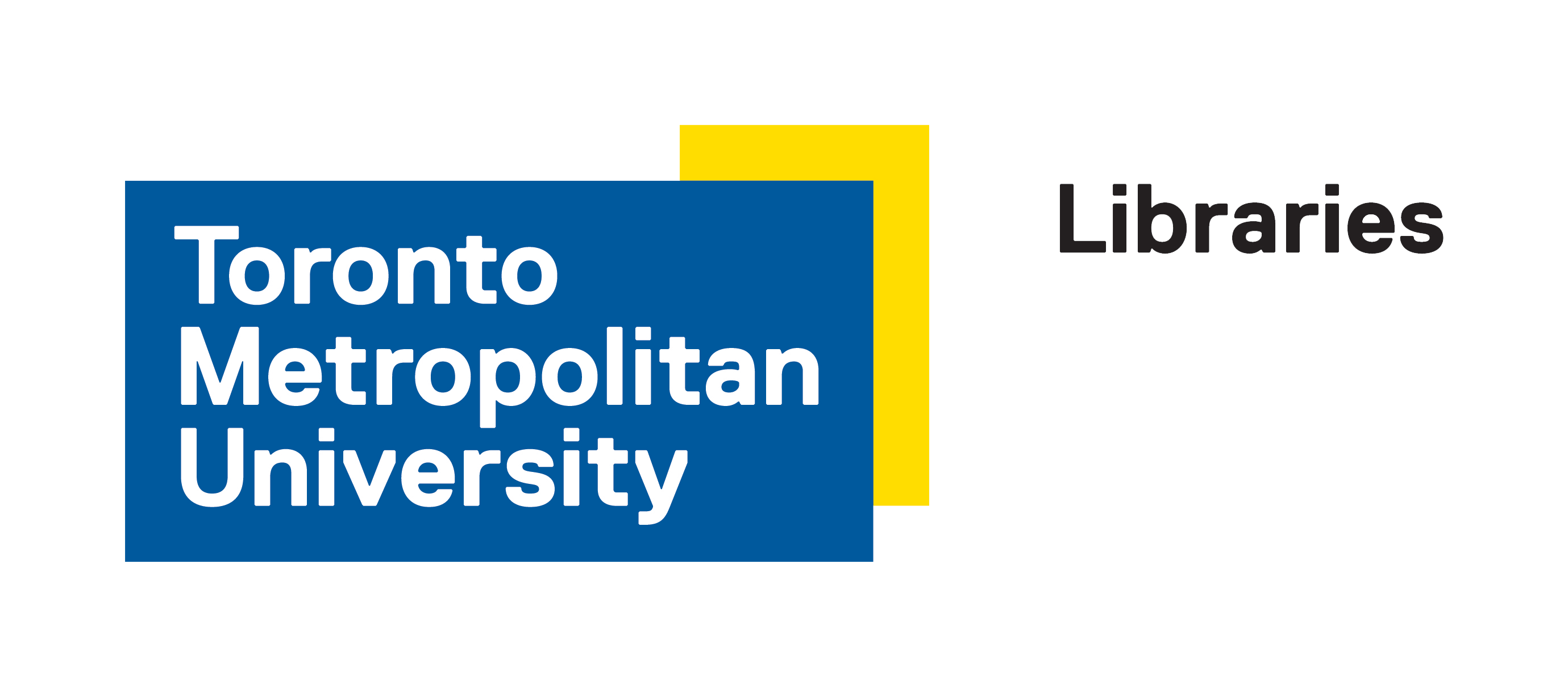
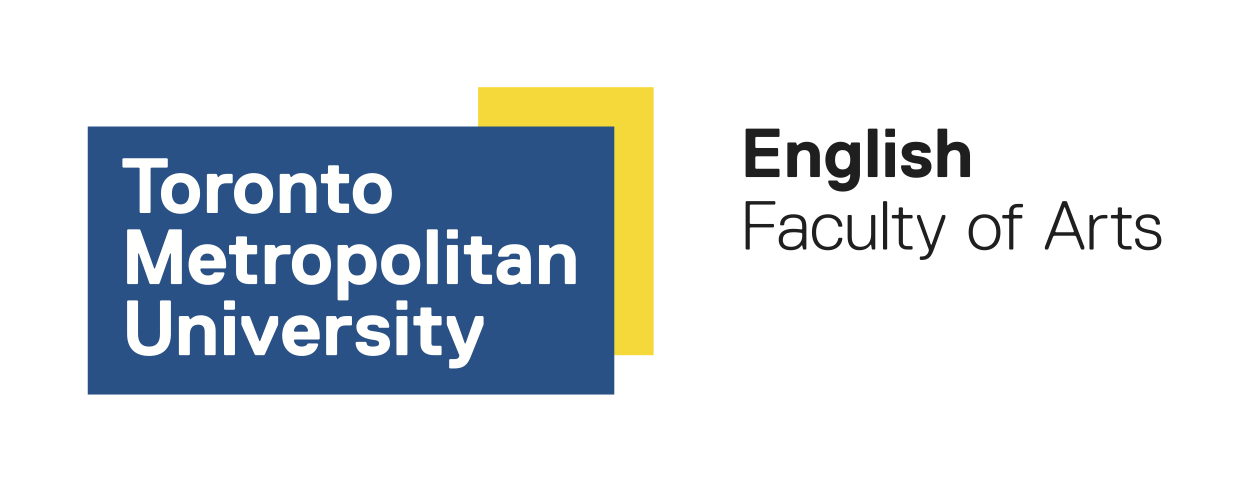
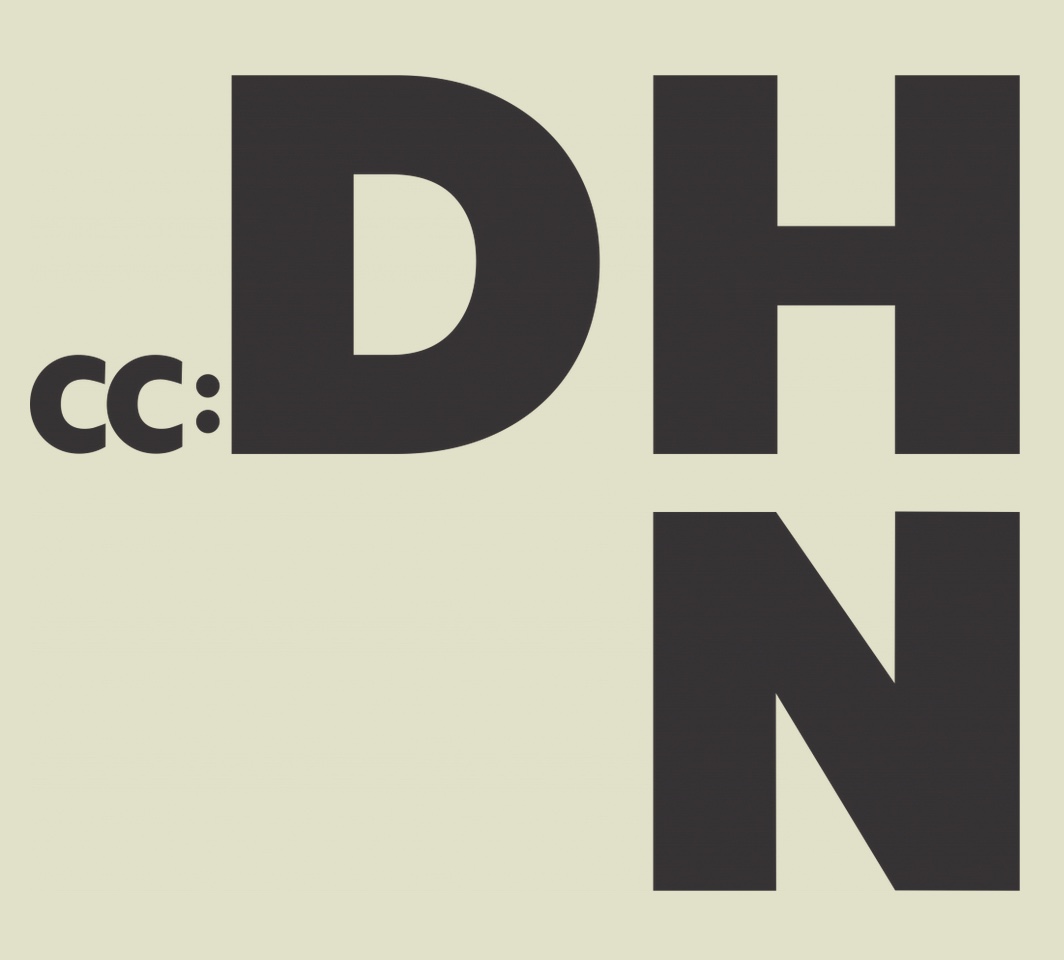
The inaugural IDARE Summer University 2024.
©2025 Centre for Digital Humanities @ Toronto Metropolitan University
